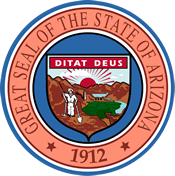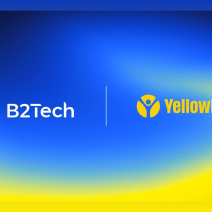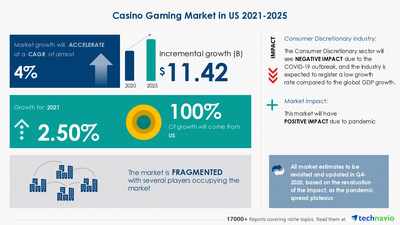
Arizona, It’s Time To Indulge In Some Sports Betting!
After the federal ban on sports betting was struck down, states across the US began legalizing sports betting. However, Arizona’s decision to legalize sports betting truly comes as surprising due to various reasons.
Though the momentum kept growing, negotiations between the tribes and the Governor of Arizona didn’t seem like it was working out, especially with the scheduled adjournment date of April 24th nearing. In addition, there were a lot of controversies surrounding the topic that could have ruined the whole sports betting legislation thing.
Nonetheless, at the last moment, everything fell into place perfectly. An agreement was reached in April 2021 that gave event wagering licenses to both professional sports teams as well as the tribes in the state. Though the decision was made in April, it is expected to launch on September 9, 2021, coinciding with the beginning of the NFL season.
To avoid conflicts down the lane, a draft of rules surrounding sports betting was published by the Arizona Department of Gaming. Then it was left for a public comment period where interested parties could submit their opinions and participate in public discussion periods.
On July 2, the second draft of rules was released, which featured an 8 percent tax rate on retail wagers and 10 percent on mobile bets. It also spoke about the initial license fee that was valued at $850,000. Following this, another public comment and discussion session were held and a separate session for license allocation.
Ultimately, the state representatives approved a bill legalizing sports betting, and Gov. Doug Ducey signed Arizona betting into law this year. Nonetheless, it is to be remembered that Ducey indulged in an array of negotiations with Arizona tribes asking them to include sports betting into their contracts.
If you are interested in learning more, this article will discuss everything you need to know about the approaching launch of legal sports betting in Arizona.
What Did Arizona’s Path to Legal Sports Betting Look Like?
Regardless of the state, the road to legalizing sports betting is a tough one filled with challenges both anticipated and unforeseen. The case of Arizona was no different. There was even an instance when a mere typo almost wrecked the entire effort put towards legalization. In the next section, let’s look at how Arizona got from negotiation to complete legalization.
The idea of legalizing sports betting was born in 2019. However, the support it received was minimal, and with the opposition from the tribes, the efforts didn’t get anywhere. Post-PASPA, most betting enthusiasts were sure that sports betting legalization would come to Arizona at some point. Nonetheless, there didn’t seem to be a lot of urgencies, especially from the tribe. The tribes were happy with their existing operations as they didn’t want any competition for the profits they could earn in the state.
When Will Sports Betting Launch in Arizona?
Sports betting was signed into law, but when will it finally launch? The simple answer to this question is on September 9th, 2021. Officials repeatedly declared the date as the target “go-live” date. What’s more, this date will coincide with the first game of the NFL 2021 season. A few states took more than a year to come up with and then finalize the rules supervising sports betting. On the other hand, other states took just a few months. However, thanks to the










